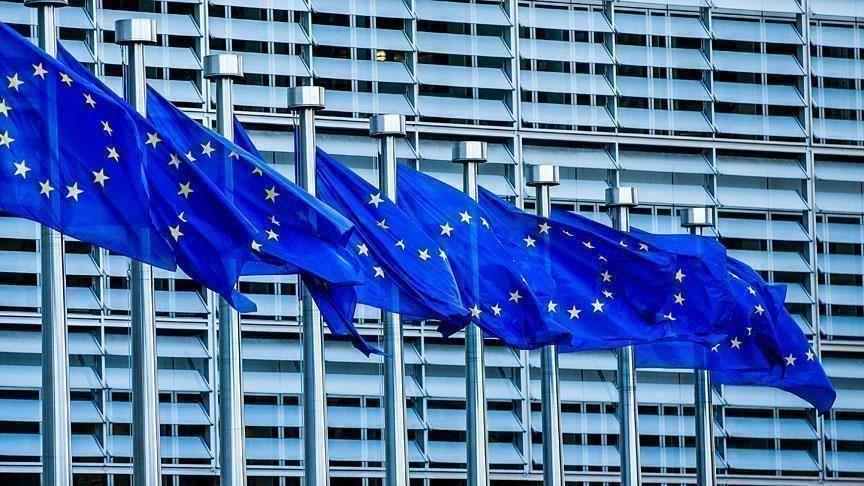The European Union is considering sanctions on China and importers of Russian energy driven by Washington

European officials and diplomats began preliminary discussions on Sunday to consider potential sanctions on China and other countries that import Russian oil and gas, in an increasing effort to curb energy revenues that fund Moscow's war on Ukraine.
The discussions came regarding the components of a new sanctions package, including the possibility of imposing "secondary sanctions" on China as a major buyer of Russian energy, according to three sources familiar with the talks who spoke to the Financial Times.
This move is part of a push from the United States, where President Donald Trump expressed openness to adopting new measures targeting Russia in coordination with allies, saying: "I am not happy with Russia," adding in remarks on Sunday: "Some European leaders will come to our country on Monday or Tuesday, individually.. And I think we will reach an agreement."
To enhance this coordination, a delegation of European officials is scheduled to travel to Washington on Monday for talks with the U.S. Treasury Department regarding sanctions on Russia.
However, one source clarified that the European secondary sanctions proposals are still "in a very early stage," and it is likely that they will not be adopted unless the United States also targets China's imports of Russian energy. Two informed sources confirmed that any progress on these sanctions would require full support from the United States and close coordination with Washington.
The idea of secondary sanctions faces debate within the European bloc, as it requires unanimous approval from the 27 member states. Both Hungary and possibly Slovakia are likely to oppose such a move, given their heavy reliance on oil and gas imports from Russia.
The European Union is also cautious about targeting China, fearing potential retaliation against European companies, especially since China is the second-largest trading partner of the EU after the United States. The same concern applies to India, where the EU fears that sanctions would oppose its efforts to strengthen trade relations with "the largest democracy in the world," especially after the Trump administration imposed a 50% tariff on Indian imports in response to its purchase of Russian oil.
Since Russia's invasion of Ukraine in 2022, China has surpassed the European Union to become the largest importer of Russian oil, having imported about two million barrels per day last year, according to the consultancy Kepler.
Historically, Western sanctions have failed to curb China's import of cheap sanctioned crude oil, as was the case with Iranian oil. In a statement last month, the Chinese Foreign Ministry commented on the continued import of Iranian oil, stating that it "consistently opposes illegal unilateral sanctions" that lack a mandate from the United Nations Security Council, emphasizing that "natural cooperation between countries" is legitimate.
In recent days, President Trump has intensified pressure on Europe to completely cut its dependence on Russian energy. For his part, U.S. Energy Secretary Chris Wright said on Monday that the European Union must end its imports of Russian oil and gas if it wants the United States to impose more sanctions on Moscow.
For his part, European Energy Commissioner Dan Jørgensen confirmed that the European Union is proceeding with its plan to phase out Russian fossil fuels by 2027, despite U.S. pressure to expedite this path. Jørgensen said on Friday that the goal of phasing out Russian energy imports is "very, very clear. We want to stop imports as soon as possible.. This is not a temporary sanction, but a permanent measure."
U.S. Energy Secretary Chris Wright is scheduled to visit Brussels on Thursday for talks with his European counterpart, in a step aimed at further coordination.
The European Commission commented on the ongoing discussions, stating: "We are at a critical moment regarding our work towards Ukraine, and we are preparing the upcoming sanctions package."